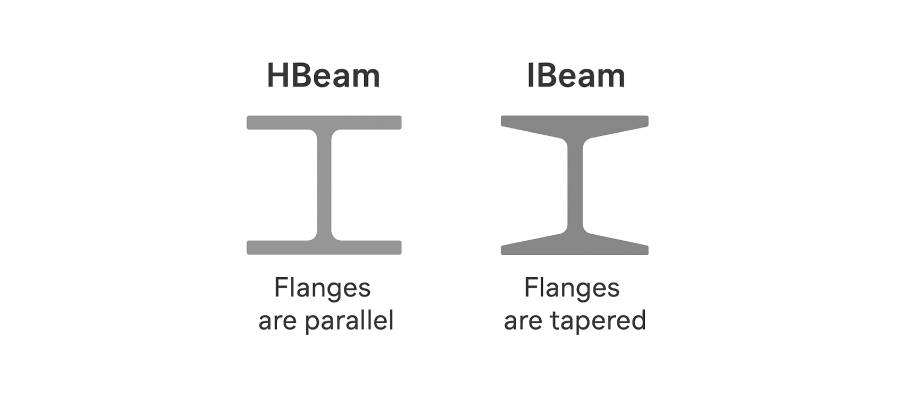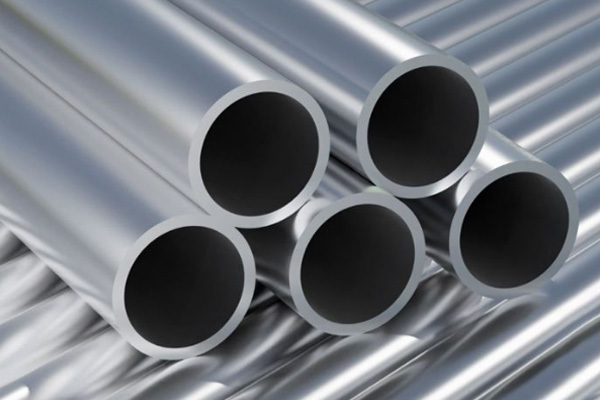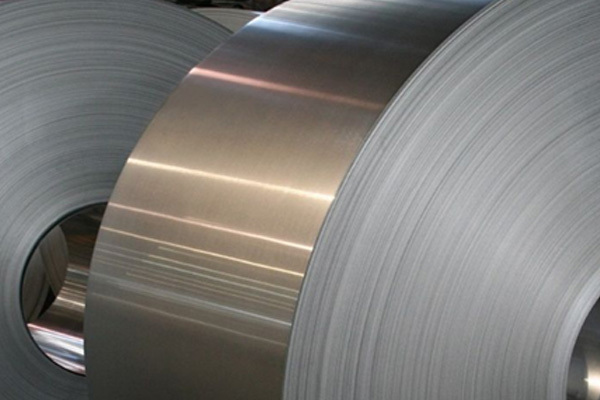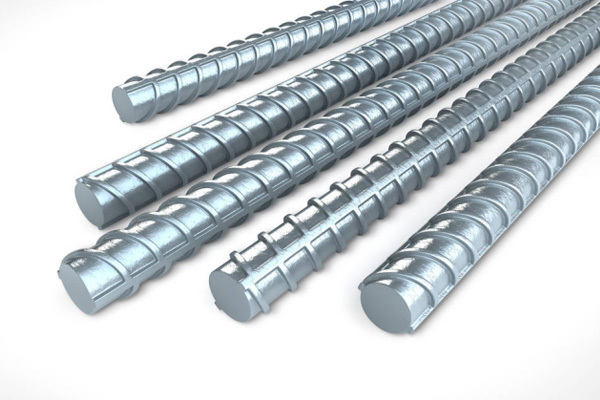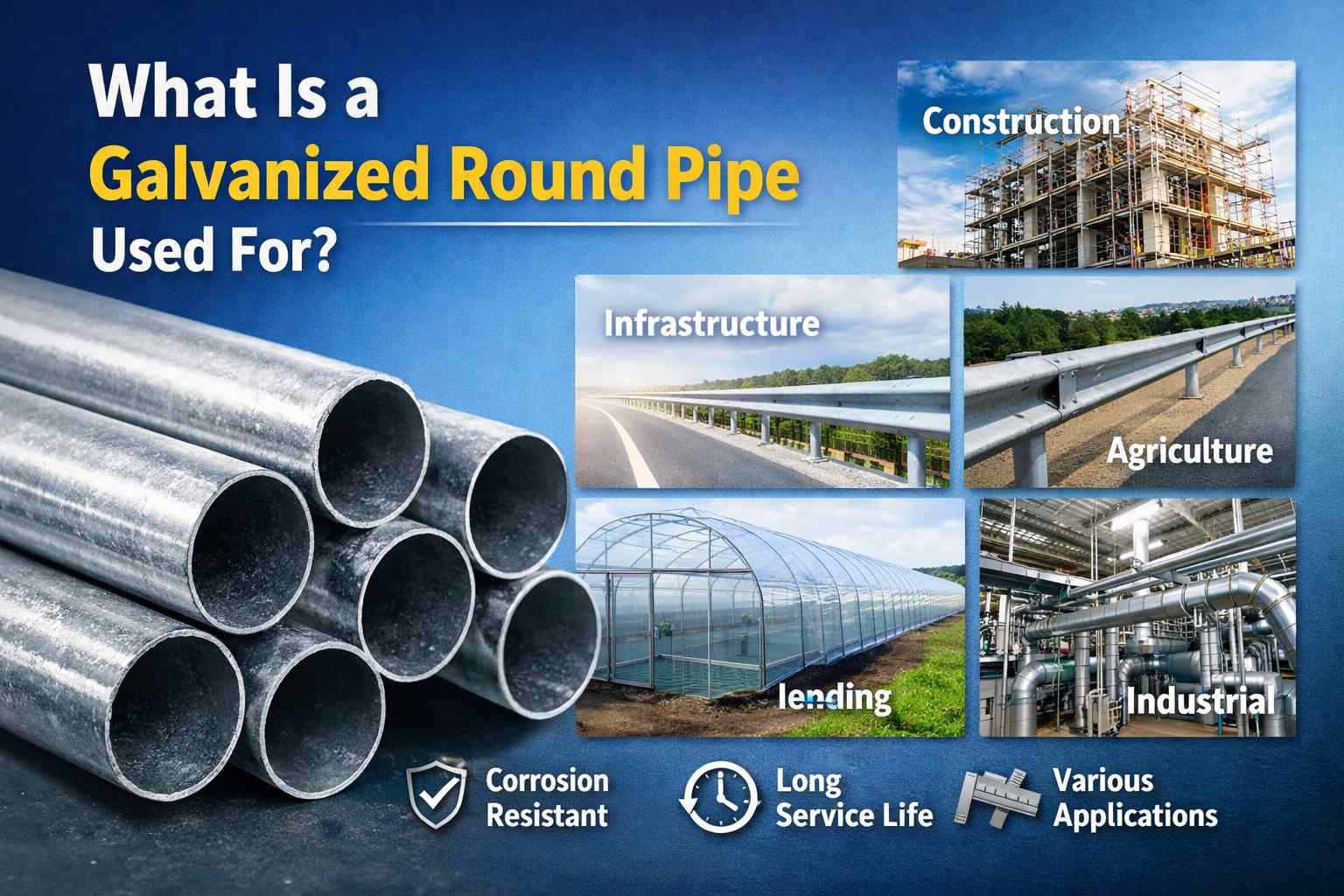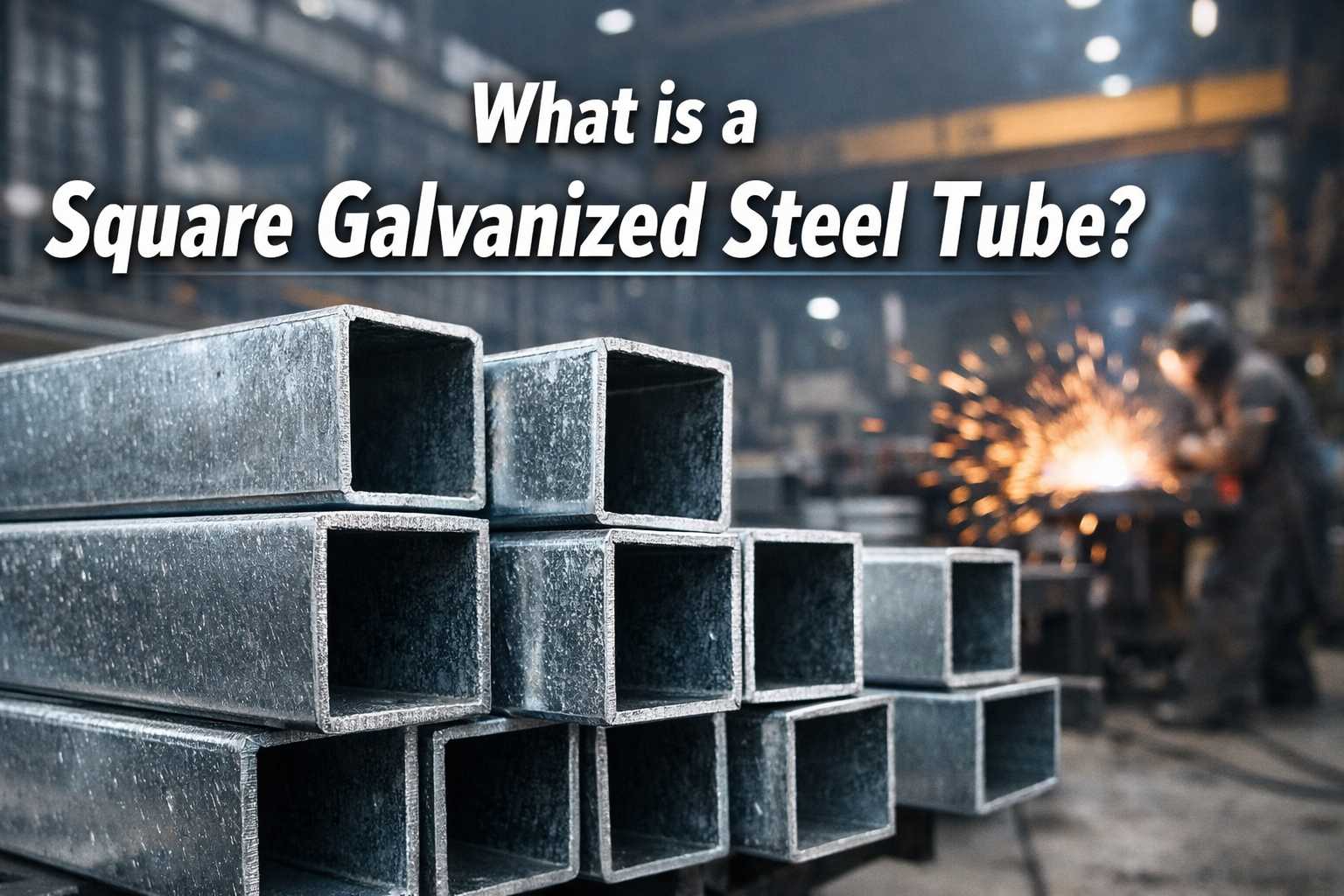H Beam vs I Beam: Key Differences, Uses, and Selection Guide
H beam and I beam are two of the most common structural steel sections used in construction, infrastructure, and industrial projects. Although they look similar at first glance, their shape, performance, and applications are quite different. Choosing the right beam can affect structural strength, cost, and long-term safety.
This article explains the main differences between H beams and I beams, including shape, load capacity, applications, and how to choose the right one for your project.
What Is an H Beam?
An H beam is a structural steel beam with a wide flange and a cross-section that looks like the letter “H”. It is usually made by hot rolling and is known for its strong load-bearing capacity.
Key Features of H Beam
Wide flanges with nearly equal width and height
Thicker web and flanges
Strong resistance to bending and compression
Good stability under heavy loads
Because of its wide flange, an H beam distributes stress more evenly and performs well in large structures.
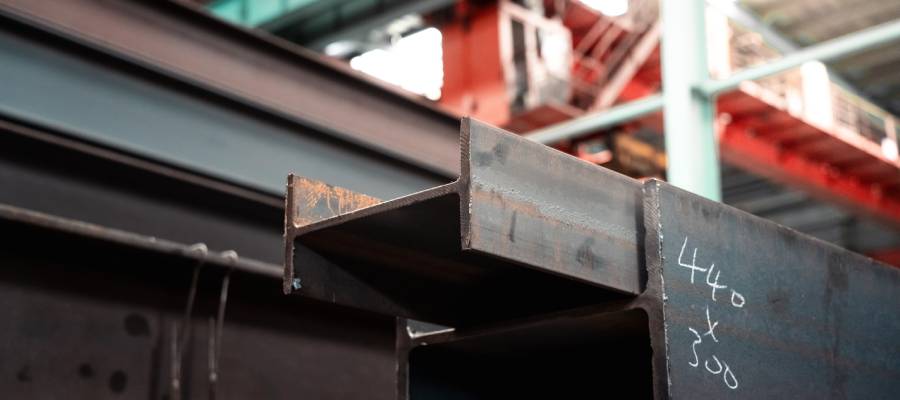
What Is an I Beam?
An I beam, also called a universal beam or rolled steel joist, has a cross-section shaped like the letter “I”. The flange width is narrower than the height of the beam.
Key Features of I Beam
Narrow flanges and thinner web
Lightweight compared with H beam
Strong vertical load-bearing ability
More economical for smaller structures
I beams are commonly used where vertical loads are the main concern and space is limited.
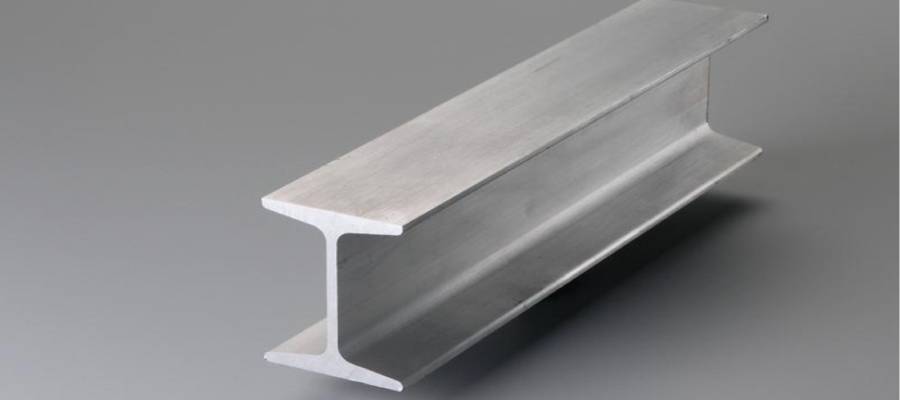
H Beam vs I Beam: Shape Differences
The most visible difference is the flange width.
H beam: Wide flanges, similar width and height
I beam: Narrow flanges, much taller than wide
This shape difference directly affects strength, stability, and use cases.
Load-Bearing Capacity Comparison
H Beam
Better at handling heavy loads
Strong in both vertical and horizontal directions
Suitable for long spans and large-scale structures
I Beam
Strong mainly in the vertical direction
Less resistance to lateral bending
Better for light to medium loads
In simple terms, if the project requires high strength and stability, H beams are usually the better choice.
H Beam vs I Beam Application Differences
Common Uses of H Beam
High-rise buildings
Industrial plants and factories
Bridges and large infrastructure projects
Steel frames and columns
Heavy machinery platforms
H beams are often used as load-bearing columns and main structural supports.
Common Uses of I Beam
Residential and commercial buildings
Floor beams and roof supports
Small bridges
Steel frameworks with limited space
I beams are more common in general construction where loads are predictable and moderate.

Cost and Material Efficiency
H beams use more steel, so the unit price is usually higher.
I beams are lighter and often more cost-effective for smaller projects.
However, using an I beam in a heavy-load project may lead to reinforcement costs later. In many cases, choosing the right beam from the start helps reduce overall project cost.
Installation and Fabrication
H beams are easier to connect in complex steel structures due to their wide flanges.
I beams are easier to transport and install because of their lighter weight.
Both beams can be welded, bolted, or cut according to project needs.
Standards and Specifications
Both H beams and I beams are produced according to international standards, such as:
ASTM (A36, A572)
EN (HEA, HEB, IPE, IPN)
JIS
GB standards
H beams are often classified as HEA / HEB / HEM, while I beams are commonly labeled IPE or IPN in European standards.
How to Choose Between H Beam and I Beam
When deciding between H beam vs I beam, consider the following factors:
1. Load requirements – Heavy loads favor H beams
2. Span length – Longer spans need stronger sections
3. Structural design – Columns and main frames often use H beams
4. Budget – I beams can reduce cost in light-duty projects
5. Local standards – Availability may vary by region
For large construction or industrial projects, H beams are usually preferred. For smaller buildings or secondary structures, I beams are often sufficient.
Conclusion
Although H beams and I beams look similar, they serve different purposes.
H beams offer higher strength, better stability, and wider applications in heavy-duty structures.
I beams are lighter, more economical, and suitable for standard construction needs.
Understanding the differences between H beam vs I beam helps engineers, contractors, and buyers select the right material, improve safety, and control costs.
If you need help selecting the right steel beam for your project or sourcing structural steel products, choosing a reliable supplier is just as important as choosing the right beam.




